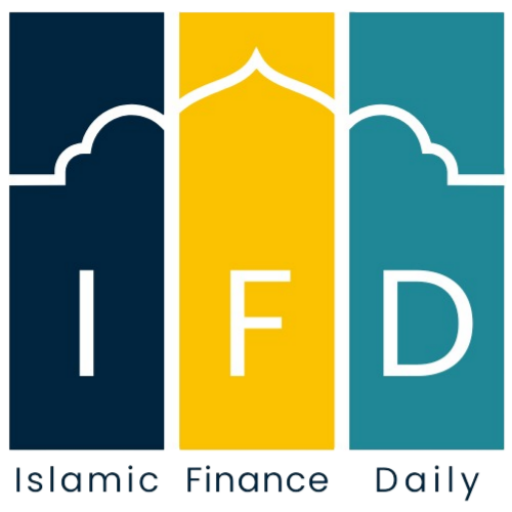Islamic personal banking offers financial solutions rooted in Sharia principles, providing interest-free and ethical alternatives to conventional banking. This guide explores the core concepts, key products, benefits, and real-world examples to help individuals make informed decisions.
Table of Contents
ToggleUnderstanding Islamic Personal Banking
Islamic personal banking operates under Sharia law, which prohibits interest (riba) and emphasizes risk-sharing, transparency, and ethical practices. It focuses on supporting real economic activities and ensuring fairness in financial transactions.
Key Principles:
- Prohibition of Riba: No interest-based transactions are allowed.
- Risk Sharing: Profit and loss are shared between parties.
- Asset-Backed Financing: All financial products are linked to tangible assets.
- Ethical Investments: Investments must avoid haram activities such as alcohol, gambling, and non-halal businesses.
Key Products and Services
Islamic personal banking offers a range of products designed to meet individual needs while adhering to Sharia principles.
Savings Accounts
- Operate on the principle of Mudarabah (profit-sharing).
- Customers and banks share profits generated from permissible investments.
- Example: Meezan Bank’s Riba-free Savings Account in Pakistan shares profits quarterly.
Current Accounts
- Function as Qard Hasanah (benevolent loans).
- No interest is paid or earned; funds are available on demand.
- Example: Al Baraka Bank’s Current Account in South Africa ensures transparency and no hidden charges.
Home Financing
- Based on Ijara (leasing) or Murabaha (cost-plus financing).
- Example: Dubai Islamic Bank’s Home Finance offers Sharia-compliant solutions for homebuyers, avoiding interest-based lending.
Car Financing
- Operates on Ijara or Diminishing Musharakah (partnership) models.
- Example: Al Rajhi Bank’s Car Finance in Saudi Arabia allows customers to acquire vehicles without interest.
Islamic Credit Cards
- Based on Ujrah (service charge) or Murabaha.
- No interest is charged, but a fixed fee covers operational costs.
- Example: Maybank Islamic’s Credit Card-i in Malaysia avoids riba and supports halal transactions.
Benefits of Islamic Personal Banking
Islamic personal banking offers numerous advantages:
- Ethical Financial Practices: Aligns financial activities with moral and religious values.
- Riba-Free Transactions: Protects against interest-based debt traps.
- Community Development: Promotes socially responsible investments and real economic growth.
- Transparency: Ensures clear terms and conditions in all transactions.
Comparison: Islamic vs. Conventional Banking
| Aspect | Islamic Banking | Conventional Banking |
|---|---|---|
| Basis | Sharia principles (interest-free) | Profit-maximization (interest-based) |
| Risk Sharing | Profits and losses shared | Risk entirely borne by the borrower |
| Investments | Ethical and halal | No restrictions on industry |
| Relationship | Partnership-based (bank as custodian) | Lender-borrower relationship |
Real-Life Examples of Islamic Personal Banking
- Meezan Bank, Pakistan: Offers comprehensive Sharia-compliant personal banking services, including savings, current accounts, and home financing.
- Al Rajhi Bank, Saudi Arabia: The largest Islamic bank globally, known for diverse personal banking products like car financing and investment accounts.
- Dubai Islamic Bank: Pioneer in Islamic banking, providing home and personal finance solutions aligned with Islamic principles.
Challenges and Solutions
While Islamic personal banking has gained global recognition, it faces challenges such as limited awareness, misconceptions, and higher operational costs due to compliance requirements.
Solutions:
- Educational Campaigns: Increase awareness of Islamic banking principles.
- Government Support: Provide subsidies or incentives for Sharia-compliant institutions.
- Technological Integration: Enhance customer experience and operational efficiency.
Conclusion
Islamic personal banking presents a viable and ethical alternative to conventional financial systems, promoting fairness, transparency, and societal well-being. By choosing Sharia-compliant products, individuals can achieve their financial goals while adhering to their faith. With global examples like Meezan Bank and Al Rajhi Bank, Islamic personal banking continues to grow as a trusted choice for millions worldwide.



